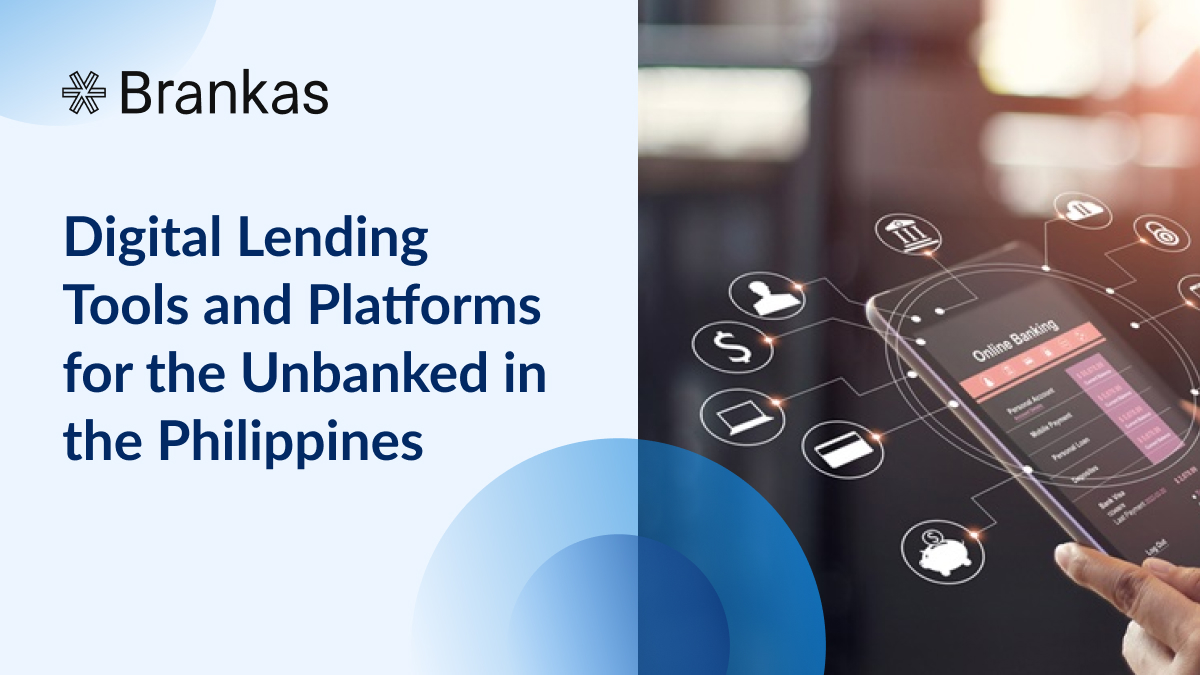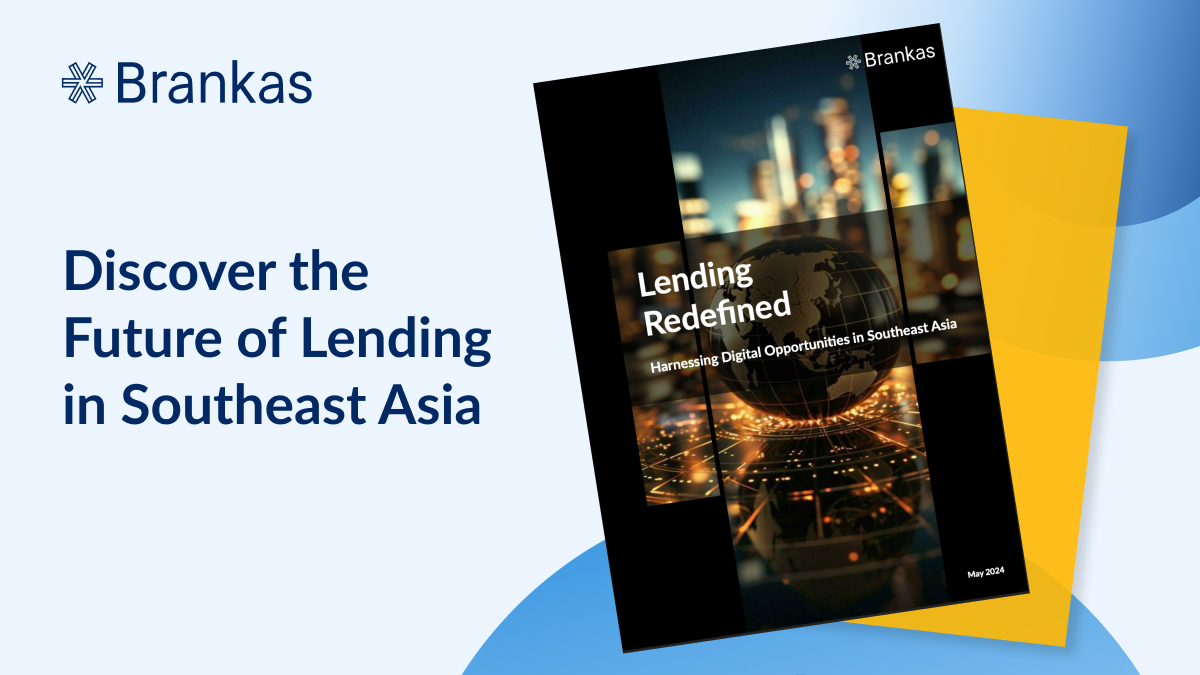In the dynamic world of fintech, Southeast Asia stands as a beacon of innovation and growth. With a burgeoning population and increasing internet penetration, the region is ripe with opportunities for digital transformation in lending. Brankas' white paper, “Lending Redefined: Harnessing Digital Opportunities in Southeast Asia,” delves into these opportunities, offering a comprehensive analysis of the current landscape and future trends. You can access the full white paper here.
Key Dimensions of Digital Lending
-
Process: Technology impacts every step of lending, from loan applications to credit risk management, enhancing stakeholder value.
-
Technology: Varied and versatile digital strategies are crucial for maximizing ROI.
-
Product: Unique loan offerings determine a lender’s market position.
Southeast Asia’s Digital Frontier
In Southeast Asia, lenders are just beginning to harness digitalization’s full potential. Favorable socio-demographics and regulatory environments in countries like Indonesia and the Philippines provide fertile ground for growth. Market leaders will be those who focus on strategic monetization and navigate challenges in regulatory compliance and data governance effectively.
Global IT Investments
Financial services worldwide spend over $650 billion annually on technology. As institutions rush to upgrade, they rely on blockchain, cloud computing, AI, and other technologies to enhance customer interactions and create value. Digital lending reimagines credit creation, driving efficiency and performance metrics.
Digital Banking Prevalence
Digital banking is booming, with 70% of US households engaged and significant interest in digital finance in Asia. Smartphone adoption is soaring, and Asia is the largest region for online banking users. Digital lenders disrupt markets by identifying high-ROI processes, technologies, and product lines.
Technological Innovations Driving Embedded Lending
Several key technological innovations are shaping the future of digital lending:
1. APIs and Open Data Architecture
Open data architecture and APIs are crucial for lenders as they allow for real-time credit transactions and integration with multiple systems and providers in the supply chain. This interoperability supports the development of innovative lending products by enabling seamless data exchange and enhancing scalability.
2. AI-Powered Tools
AI-powered tools play a significant role in enhancing customer service, managing risk, and detecting fraud. By efficiently processing large volumes of data, these tools enable more accurate decision-making and improved customer experiences.
3. Biometrics and Network Security
Biometrics and robust network security measures are essential for securing remote transactions and internal operations. Implementing these technologies helps protect sensitive information, ensures the integrity of financial transactions, and maintains a secure environment through regular security audits.
4. Generative AI
Generative AI analyzes complex datasets, enabling lenders to make optimal decisions based on comprehensive data insights. This technology supports product innovation and enhances overall decision-making processes by providing data-driven insights.
Small Business and Consumer Loans
Digital lending supports underserved markets with high-frequency data and simplified applications. BNPL options expand financial inclusion, and real-time data boosts small business loan approvals.
Southeast Asia Case Studies
Indonesia’s Payment Systems Blueprint 2025 and the Philippines’ digital banking initiatives highlight efforts to integrate unbanked populations and modernize financial systems. Digital startups in these regions capitalize on growing internet access and smartphone usage.
Indonesia’s Payment Systems Blueprint 2025
Indonesia’s Payment Systems Blueprint 2025 is a comprehensive plan to modernize the country’s financial system and integrate unbanked populations. The initiative focuses on creating a robust digital infrastructure, promoting financial inclusion, and fostering innovation in payment systems. Digital startups are capitalizing on the growing internet access and smartphone usage to offer innovative lending solutions.
Implementation Insights
- Develop Digital Infrastructure: Invest in digital payment systems and mobile banking solutions.
- Promote Financial Inclusion: Create products tailored to the needs of unbanked and underbanked populations.
- Encourage Public-Private Partnerships: Foster collaboration between government bodies and fintech companies.
Philippines’ Digital Banking Initiatives
The Philippines is making significant strides in digital banking, with initiatives aimed at integrating the unbanked population and modernizing the financial system. The Bangko Sentral ng Pilipinas (BSP) has been actively promoting digital banking licenses and encouraging the adoption of fintech solutions.
Implementation Insights
- Regulatory Support: Leverage supportive regulatory frameworks to launch digital banking services.
- Focus on Accessibility: Design user-friendly platforms to ensure widespread adoption.
- Drive Financial Literacy: Educate the population on the benefits and usage of digital banking services.
Conclusion
As digital lending continues to transform the financial industry, institutions must adopt innovative technologies and strategies to stay ahead. Southeast Asia presents significant opportunities for growth, with market leaders focusing on strategic monetization and overcoming regulatory challenges to build the next generation of digital lenders. For a deeper dive into the trends and insights shaping digital lending in Southeast Asia, read Brankas' white paper, “Lending Redefined: Harnessing Digital Opportunities in Southeast Asia."


